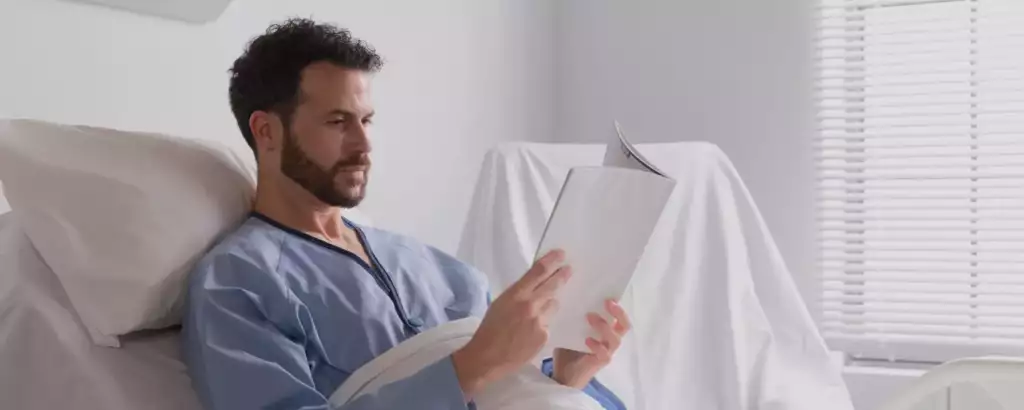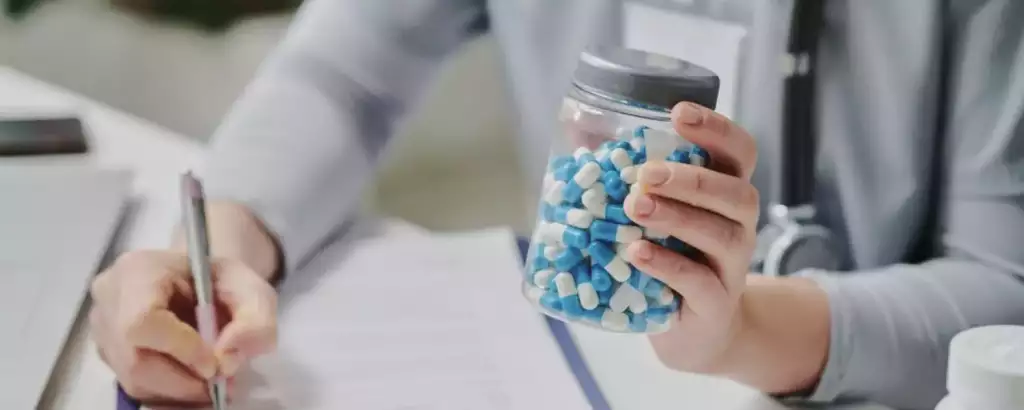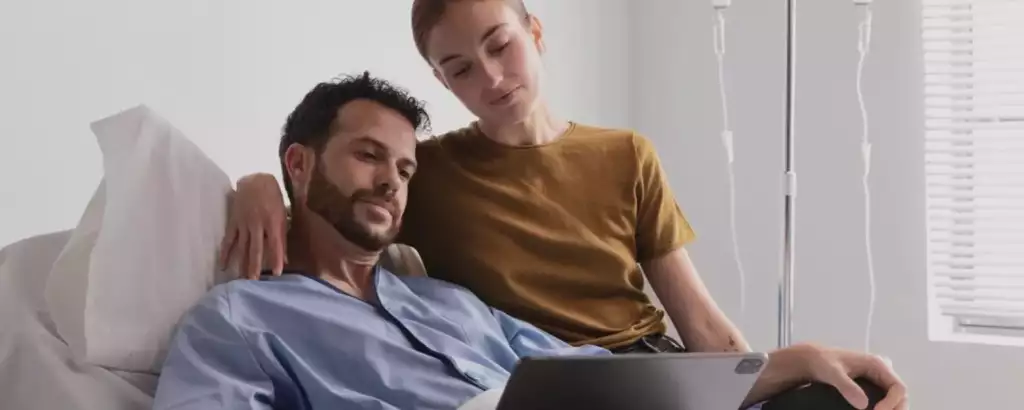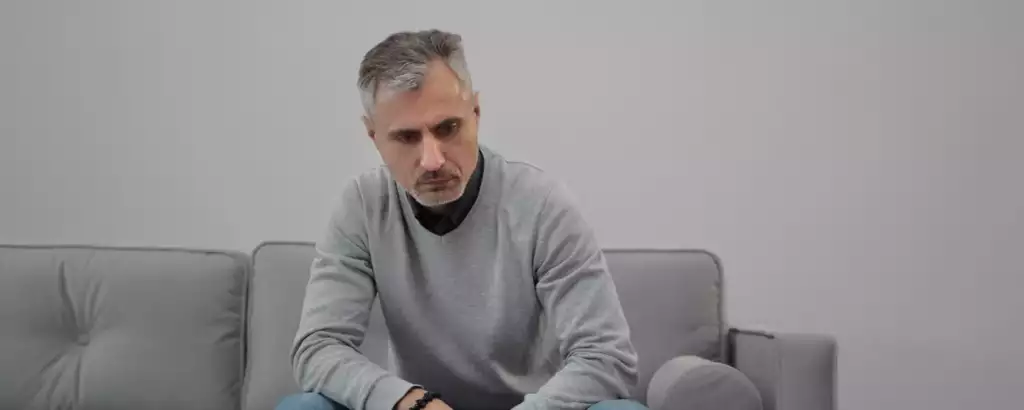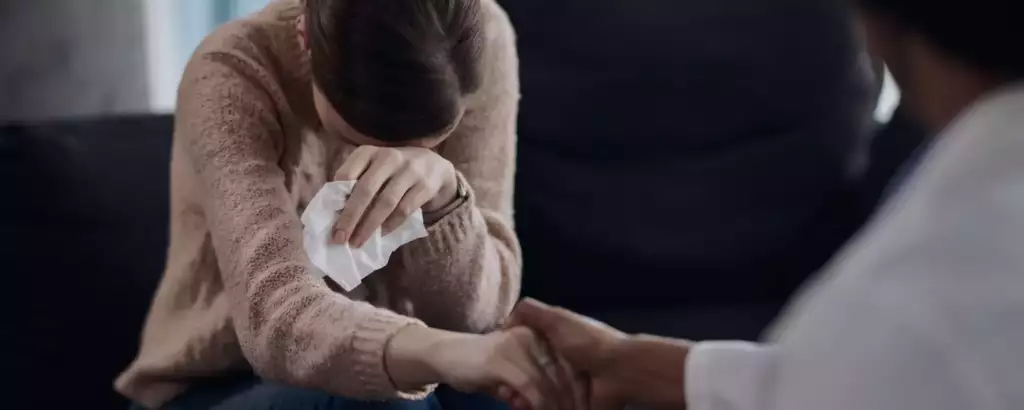Eye Movement Desensitization and Reprocessing Therapy (EMDR) is used in addiction treatment to approach emotional distress or trauma which might underlie the addiction. While originally developed to treat trauma patients, EMDR is often used in rehab centers as well
What is EMDR?
EMDR was developed by Dr. Francine Shapiro in the late 1980s through a series of experiments demonstrating that lateral eye movement has an effect on emotional responses. She developed a series of lateral eye movement techniques, blended with existing cognitive and behavioral therapy, to create a technique focused on physical movement, desensitization, and retraining behavioral and emotional responses.
EMDR differs from CBT in that patients are asked to focus on specific triggers while performing lateral eye movement exercises. An example is following a guide with the eyes, creating quick and jerky movements that force the brain to disassociate from what is being discussed or visualized. EMDR continues to expose you to emotional responses and triggers so that you become desensitized to them and are less likely to relapse when you encounter them on your own. EMDR also incorporates components of behavioral therapy and CBT, teaching coping mechanisms such as developing mindfulness and processing emotions.
EMDR and Dual Diagnosis
EMDR is especially useful for treating substance abuse patients with a dual diagnosis because it addresses the underlying symptoms such as depression, anxiety, stress, and trauma. Since it was initially designed to treat trauma patients, EMDR’s approach of desensitizing users to emotional responses such as triggers while treating underlying symptoms such as anxiety or depression makes it a good choice for effectively treating both trauma and addiction simultaneously.
How Does EMDR Addiction Treatment Work?
EMDR divides addiction treatment into eight phases, beginning with the therapist learning about the patient and their needs. The therapist reviews the patients’ health and emotional history, working to identify what is causing problems. EMDR is also broken down into several components including:
- Exposure – Patients are exposed to stress points and triggers to desensitize them
- Cognitive Restructuring – Patients are encouraged to change harmful thought and behavior patterns
- Assignments – Patients build skills and work through problems through specific assigned tasks
EMDR addiction treatment isn’t for everyone, but it does offer several benefits over traditional therapy. It offers a different way to treat addiction, approaching it from the basis of trauma and emotional problems. By teaching users to deal with stress and forcing them to face rather than avoid triggers, EMDR can be extremely helpful in recovery. The dual approach of focusing on mental problems alongside coping skills makes it ideal for treating dual diagnosis patients.
If you or a loved one is suffering from alcohol or drug addiction, we can help. Call Nova Vitae Treatment Center today for a free consultation.






